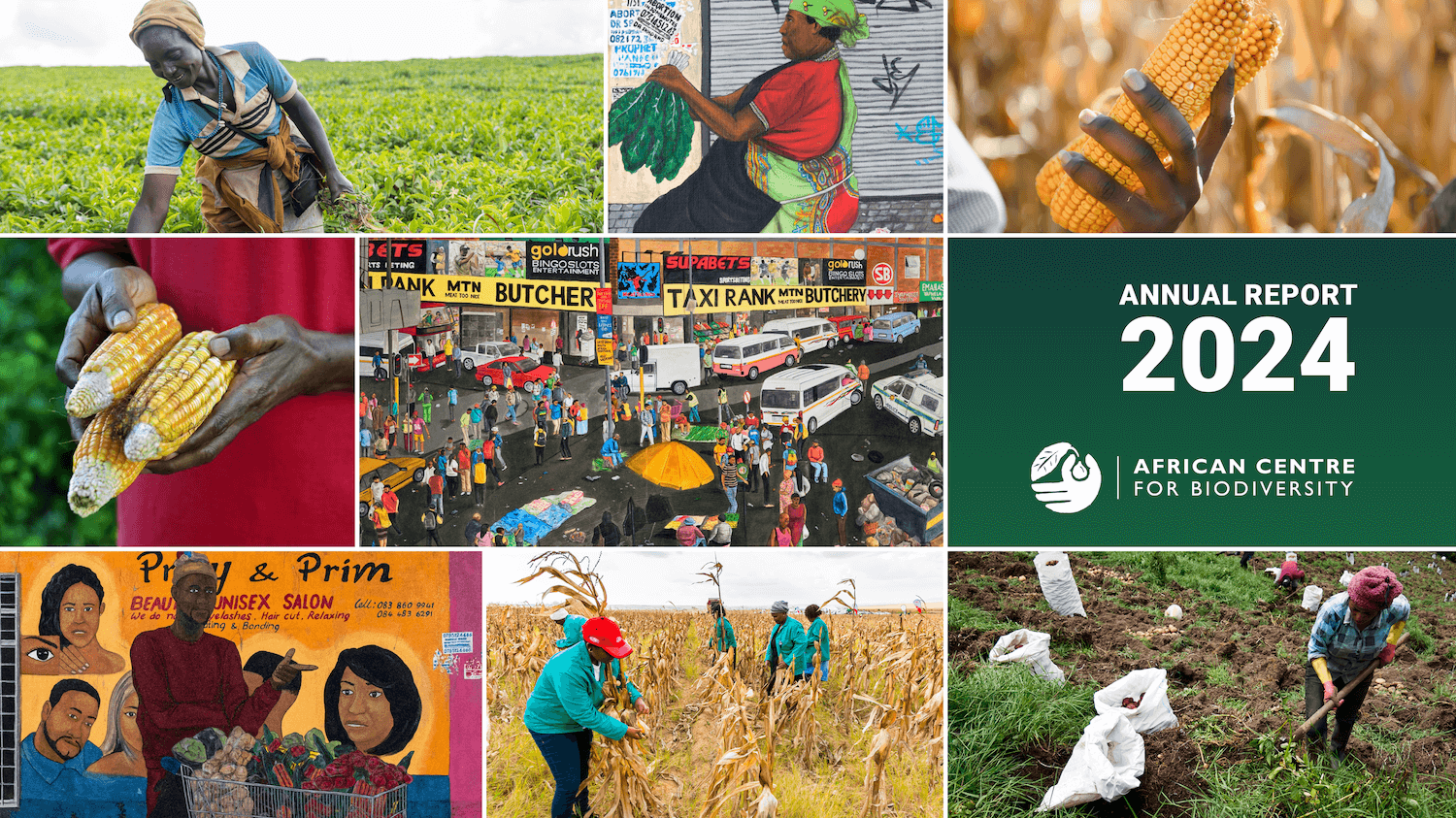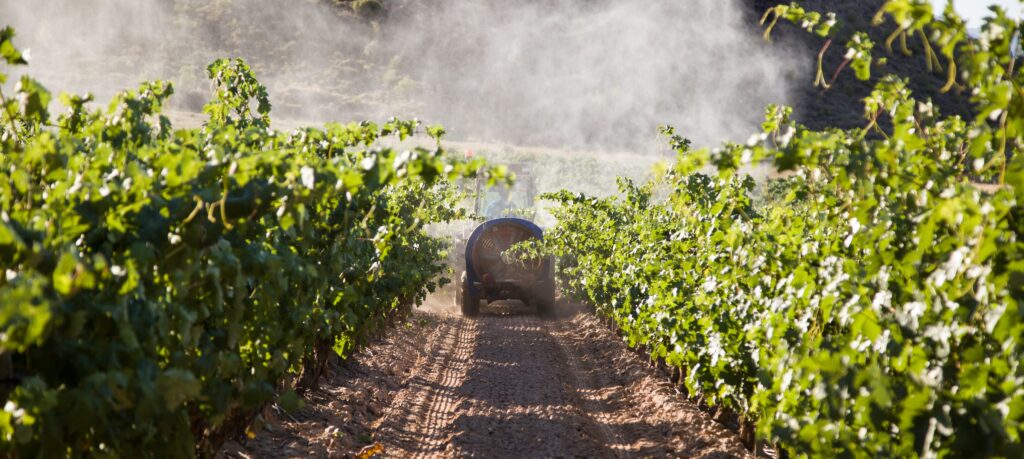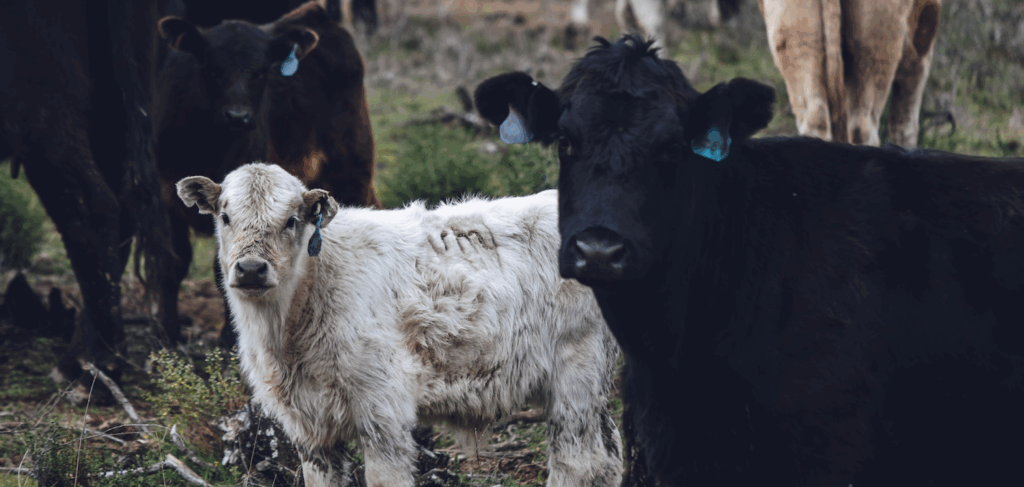In 2024, the ACB collaborated with progressive civil society networks to advance an integrated agroecological response to the biodiversity, climate change, and sustainable food systems issues of our time, intensifying our efforts to conceptualise what just and sustainable food systems could look like in the future.
We actively participated in several policy processes in South Africa (SA), offering critical input on a range of biodiversity-related policy instruments. Through this work, we strengthened our relationships with government institutions and other stakeholders working in the public interest.
Through the year, we continued to produce in-depth research and analysis, contributing to discourse and policy shifts to limit corporate power and build enabling environments to strengthen farmer seed and food systems and agricultural biodiversity.
Key highlights include:
- Landmark legal victory following a prolonged legal battle in ACB vs Monsanto/Bayer and the State, in which the Supreme Court of Appeal overturned the approval for the commercial release of Monsanto’s (now Bayer’s) allegedly drought-tolerant GM maize, MON87460. The government decided to take this matter on appeal to the Constitutional Court and we await a decision as to whether this case will be heard in the Constitutional Court.
- Effective resistance against agrotoxins in our food system.
- In July, we submitted comment on SA’s draft Regulations on Hazardous Chemicals.
- Then, in October, six children died from ingesting the deadly agrotoxin Terbufos – one of 195 highly hazardous pesticides (HHPs) permitted in our country. We redoubled our efforts, as part of a strong coalition, to pressure the government to ban these agrotoxins and reform our antiquated regulatory framework. In November, we sent a petition and in December a 16-page letter of demand to Minister of Agriculture, Mr. John Steenhuisen; laying out the abject regulatory failure and commercial conflicts of interest in the governance of hazardous substances.
- Our collective media campaign gained extensive traction, with engagement on social media also dramatically increasing.
- We continued with preparation for the South African People’s Tribunal on Agrotoxins (SAPToA), which took place this March 2025.
- We are jubilant to report that the government has heeded our call and Terbufos will be banned. Our work on this critical issue is ongoing.
- Regional meeting we convened on New Breeding Technologies, Digital Tools, Farmers’ Rights, and Regulation: Implications for Smallholder Farmers’ Seed and Food Systems, attended by civil society partners and experts from 17 countries across three regions; and
- Contribution to the draft Southern African Development Community (SADC) Biodiversity Strategy and Action Plan (BSAP), which aligns with the Kunming–Montreal Global Biodiversity Framework
Our networks remain a crucial force for driving change and fostering knowledge exchange among local partners and stakeholders. Through these alliances, our influence has expanded regionally and continentally, reinforcing our commitment to shaping a more just and sustainable food future for Africa.
ACB is grateful for the many enduring relationships we have developed over the years with individuals, organisations, and across intersecting networks. We are especially thankful to our generous funding partners, whose support makes our work possible.
Please click here to read the report.



